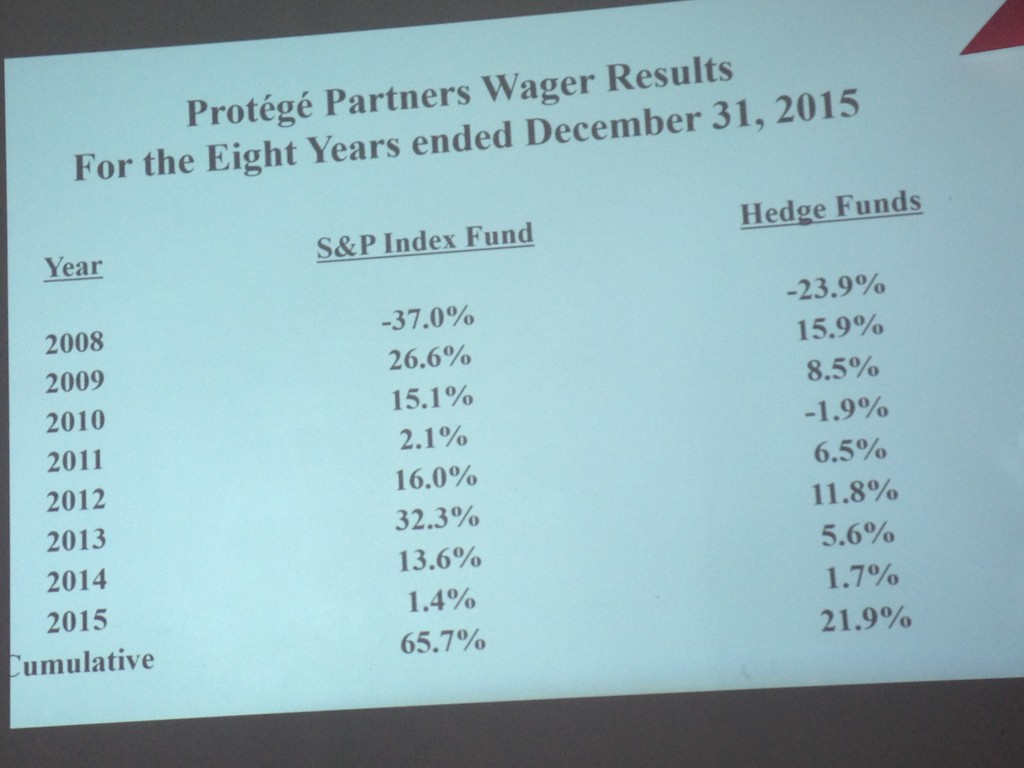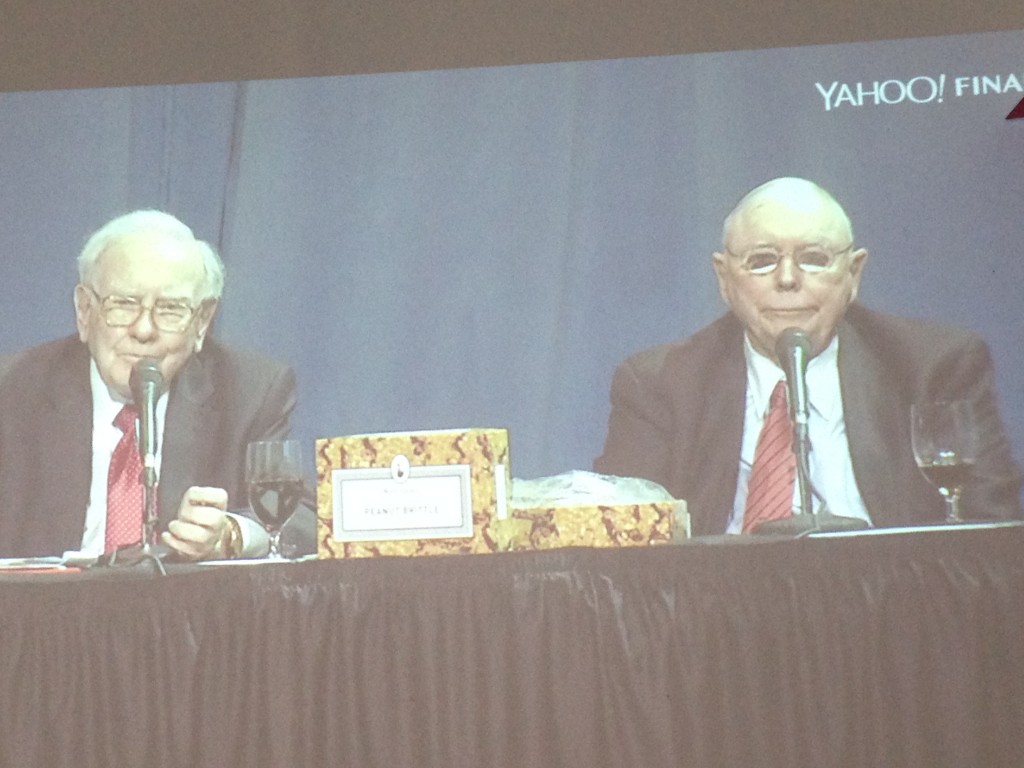It’s the little things that sometimes make a difference. When I was teaching standardized test math so many years ago, I noticed as I was drawing problems on the board, all the little habits that I had picked up. Habits which make solving problems easier, habits which reduce the chance for error.
I think some of this (probably sometimes annoying) attention to detail had carried over to Sprint Planning meetings[1].
Planning Poker is a method for a group to converge on a time estimate for a task or group of tasks. There are a number of ways to do this. The ‘canonical’ way we were taught to do this was to use Fibonacci-numbered cards (1,2,3,,5,Eureka!). This involved a discussion of the task(s) to estimate until everyone had a reasonable idea of their complexity, then each person would choose a number estimate, all of which would be revealed simultaneously, to hopefully reduce bias. The discussion before estimation would not include estimates of how long things were estimated to take, to also try to reduce bias.
While we were running our planning meetings, I noticed that we would start to slip away from this ideal, perhaps because certain things were not important, perhaps because we didn’t see that certain things were important. For example:
We moved from cards to apps, and then to fingers. Using apps for estimation is less annoying than finding the cards each time, but fingers are even faster to find. I/we tried to get around the bias effect by having everyone display their fingers at once, and that worked reasonably well. Even making each person think about their estimate before display can help a lot with reducing the impact of what others might think of them.
One thing I tried which never really caught on when other people were running the meeting was saying ‘A,B,C’ instead of ‘1,2,3’, with the idea that it would be less biasing on the numbers people were choosing. (This may have mostly been an impression of mine, as the moving of the estimate from a mental number to a number of fingers may cement it in a slightly different mental state…)
If one is not careful, and perhaps somewhat impatient in meetings[2], one can start suggesting estimates before they are voted on. It can take considerable discipline and practice to not do this.
Another thing I noticed was how difficult JIRA was to use when one is not practiced in it, especially in a room with many people watching. Something that any experienced[3] demo-giver would know like the back of PowerPoint’s hand.
That’s all I have for now. For more minutiae, tune in tomorrow!
[1]For those of you who have not had the pleasure, these are the meetings at the start of an iteration, where the team sits down in a room, estimates a bunch of priority-ranked tasks, and decides (generally by consensus) how many of them they will commit to getting done in the next two weeks. Like all meetings, they can be good or bad, and the meeting chair (I feel) can make a large difference.
[2]I am probably as guilty of this as anyone. I would recommend Randy Pausch’s ‘Time Management‘ for those who feel similarly.
[3]Read: ‘Battle-scarred’

